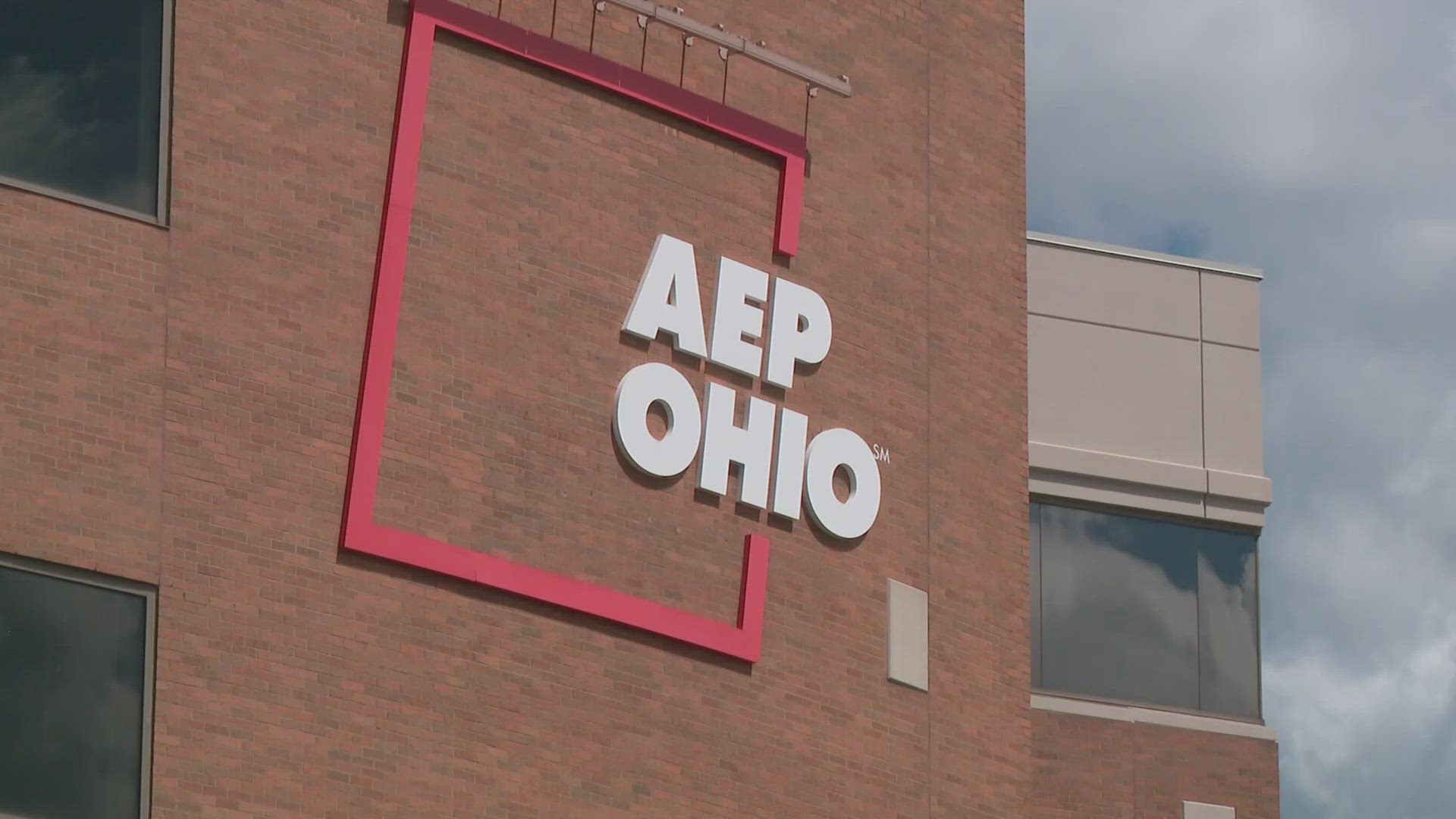COLUMBUS, Ohio — AEP’s original tariff request to the Public Utilities Commission of Ohio would make data centers commit to paying for most of the energy they request for 10 years, even if they didn’t use all of it.
The reasoning for this being extensive grid upgrades that would need to be done to support the usage of data centers.
This story is part of 10TV's "Boomtown" initiative — our commitment to covering every angle of central Ohio's rapid growth. This includes highlighting success stories, shining a light on growing pains and seeking solutions to issues in your everyday life.
More than a dozen parties -- including Amazon, Facebook and Microsoft -- filed their version of a solution to the tariff. It removes the verbiage targeting data centers and replaces it with wording for all high-energy users. It also adds stipulations for the companies to pull out of the agreement with AEP after a certain period of time, shorter than the 10 years proposed by AEP.
Josh Levi, president of the Data Center Coalition, said the proposal by the data centers is a good solution.
“This collaborative filing puts forth a practical, evidence-based solution that provides necessary assurances to the utility, protects customers, and supports economic development in Ohio. It represents a strong vision for Ohio’s energy future – one where we can harness the power of innovation and work together to build a grid that benefits everyone,” he said.
The Ohio Consumers’ Counsel doesn’t believe the compromise presented by the data companies will treat everyday electric customers fairly.
“When we look at the proposal, certainly favorable to the data centers and unfavorable to consumers. Some of the things they do will provide less protection for consumers,” said Maureen Willis, agency director of the Office of the Ohio Consumers’ Counsel. “They've lessened the commitment period. AEP originally had a 10 year commitment period. They've lessened that. They've reduced the amount that they would be paying for the power. They've shortened up some of the protective time frames around it. So when we look at the proposal, it's a nonstarter for us.”
AEP still gets its commitment in the proposal, just not as long as the company is asking PUCO to approve. AEP Ohio responded to the proposal by data centers Friday.
“What has been proposed by the partial settlement fails to adequately address the main issues expressed in AEP Ohio’s application. It’s unprecedented to present a “settlement” to the PUCO that isn’t supported by the PUCO staff or the utility that initially raised the concern. The PUCO should reject it,” read a statement from Marc Reitter, President and COO of AEP Ohio. “AEP Ohio remains committed to finding a solution that balances the infrastructure investment needed to meet extreme power demands of data centers with protections for Ohio consumers.”
There was a hearing scheduled for Monday, Oct. 21 on the issue, but a PUCO judge granted a one-week extension to Oct.28.

